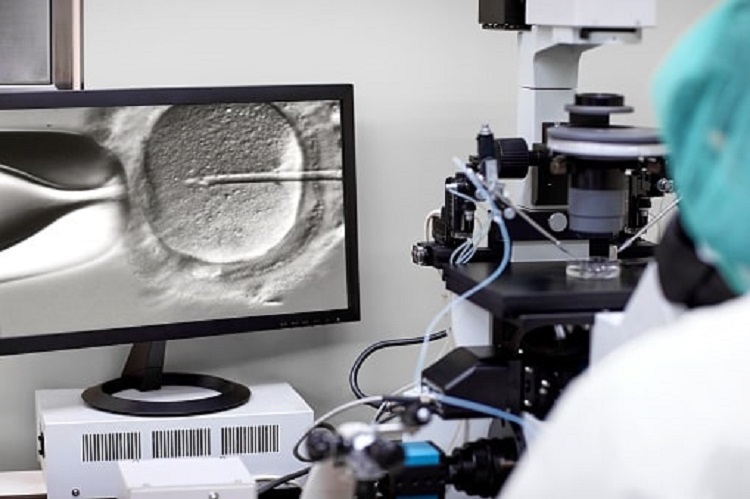Here’s What You Must Know About Intrauterine Insemination (IUI)

Infertility can affect men and women alike. If you have been trying to get pregnant for a year with little or no success, talking to a doctor could help. There are numerous treatments available for infertility, including Intrauterine insemination (IUI), which has a high success rate. If you are in New York City, infertility specialists like Dr. Khalid Sultan can help you find the right option. In this post, we are discussing Intrauterine insemination (IUI) in depth.
Table of Contents
What Is Intrauterine Insemination (IUI)?
In simple words, Intrauterine insemination (IUI) is a treatment for infertility, where the doctor places the sperm inside the uterus for successful fertilization. The treatment is often combined with ovarian stimulation to increase the chances. IUI is often recommended when the male has a low sperm count or has issues like ejaculation dysfunction. In cases of unexplained infertility, doctors often try the treatment as the first option before IVF or other treatments are considered. Compared to in-vitro fertilization, IUI is less invasive and doesn’t cost as much. The procedure particularly helps couples who have a hard time getting pregnant because the sperm cannot reach the eggs.
What Is the Procedure Like?
In many cases, the intrauterine insemination treatment starts with medications, which will stimulate the ovaries to release eggs. Your doctor may also do a few tests to determine and keep a check on the hormone levels. Ultrasound investigation can help in detecting ovulation. The sperm used for intrauterine insemination can come from your partner, but when that’s not an option, a donor can be considered. A catheter is then used to deliver the sperm into the uterus, and the process just takes a few minutes. You will be under supervision for the next few weeks to check the signs of pregnancy.
Are There Any Risks?
IUI is considered to be one of the safest procedures out there, but there are always a few risks, although chances are extremely low. Risks may include spotting because of minor vaginal bleeding due to the use of a catheter, infection, and multiple pregnancies.
Immediately after IUI, your doctor will ask you to come back again after two weeks to check if you are pregnant. You may get a false positive or negative report, so your doctor will do all the tests necessary to find out about your pregnancy. Make sure that you have discussed all aspects of IUI in advance. In some cases, doctors may recommend IVF directly, because IUI is unlikely to work.
Leave a reply
You must be logged in to post a comment.



















